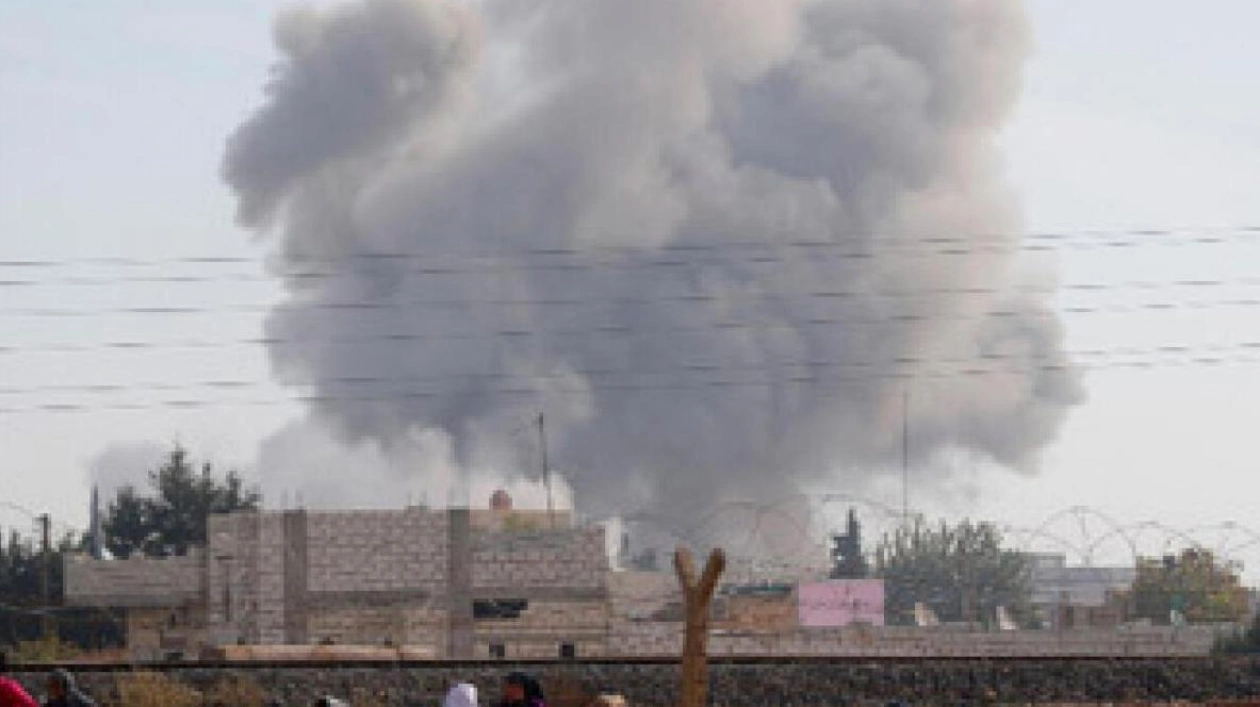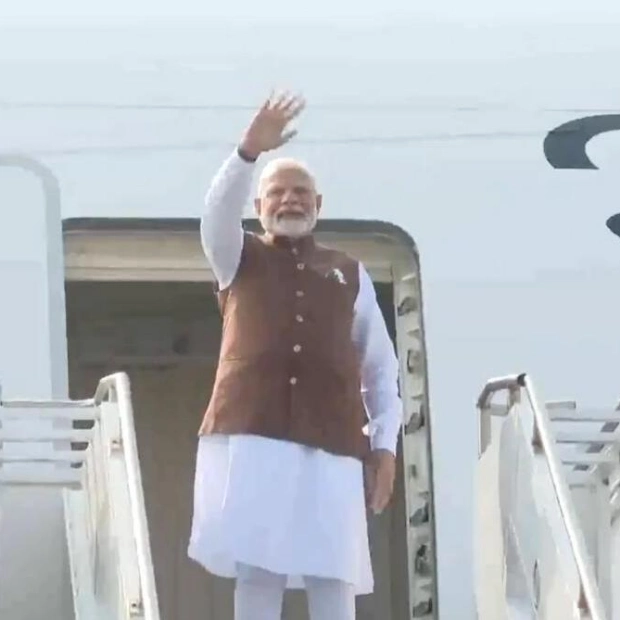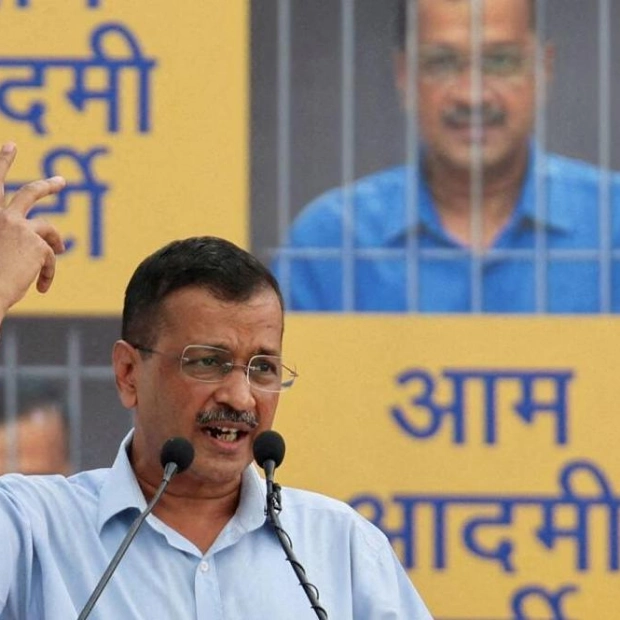Hamas announced on Monday that one of its leaders was killed in Lebanon, while another Palestinian group reported that three of its leaders were killed in an attack on Beirut, marking the first strike within the city limits.
Fateh Sherif Abu el-Amin, a Hamas leader in Lebanon, along with his wife, son, and daughter, was killed in an early morning strike that targeted their home in a Palestinian refugee camp in the southern city of Tyre.
As Israel intensifies its hostilities against Iran's allies in the region, the Popular Front for the Liberation of Palestine (PFLP) stated that three of its leaders were killed in a strike that hit Beirut's Kola district. Israel's military has not yet commented on these incidents.
Israel's escalating attacks against the Hezbollah militia in Lebanon and the Houthi militia in Yemen have raised concerns that the Middle East conflict could spiral out of control, potentially involving Iran and the United States, Israel's primary ally.
On Sunday, Israel launched airstrikes against the Houthi militia in Yemen and numerous Hezbollah targets across Lebanon, following the earlier killing of a Hezbollah leader. The Houthi-run health ministry reported that at least four people were killed and 29 wounded in airstrikes on Yemen's port of Hodeidah, which Israel claimed were in response to Houthi missile attacks. In Lebanon, authorities reported that at least 105 people were killed by Israeli air strikes on Sunday.
Lebanon's Health Ministry has reported that over 1,000 Lebanese have been killed and 6,000 wounded in the past two weeks, though it did not specify how many were civilians. The government also stated that a million people—one-fifth of the population—have fled their homes.
The escalating Israeli bombardment over the past two weeks has resulted in the deaths of several top Hezbollah officials, including its leader Hassan Nasrallah. Israel has pledged to continue its assault, aiming to secure its northern areas once again for residents who have been forced to flee due to Hezbollah rocket attacks.
The United States has called for a diplomatic resolution to the conflict in Lebanon but has also authorized its military to reinforce in the region. US President Joe Biden, when asked if an all-out war in the Middle East could be avoided, stated, “It has to be.” He added that he plans to speak with Israeli Prime Minister Benjamin Netanyahu.






